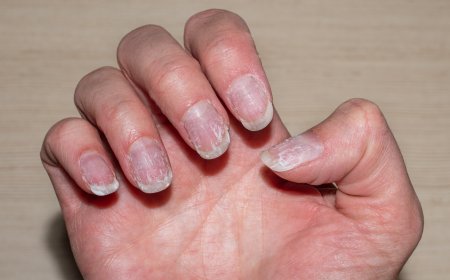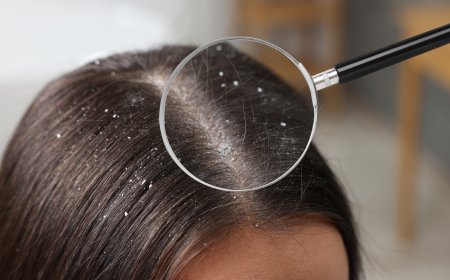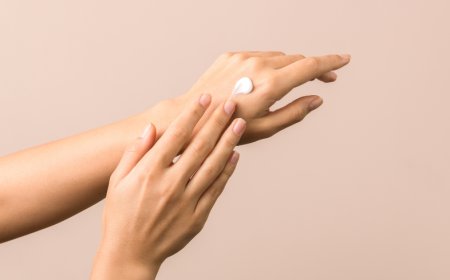Massage Therapy & Mental Health – How Touch Heals the Mind
Improve mental well-being with massage therapy. Reduce stress, anxiety, and depression while enhancing sleep and mindfulness through the power of touch.

Massage therapy is widely known for its physical benefits, such as relieving muscle tension and improving circulation. However, its impact on mental health is equally significant. The power of touch plays a crucial role in emotional well-being, reducing stress, anxiety, and depression while promoting overall mental clarity.
The Science Behind Touch and Mental Health
Human touch has been scientifically proven to release oxytocin, often referred to as the "love hormone," which fosters feelings of trust and connection. Additionally, massage therapy stimulates the production of serotonin and dopamine—neurotransmitters that enhance mood and promote relaxation. At the same time, it helps decrease cortisol levels, the hormone responsible for stress.
Reducing Stress and Anxiety
One of the primary reasons people seek massage therapy is to relieve stress. The soothing motions and applied pressure activate the parasympathetic nervous system, which counteracts the body’s fight-or-flight response. This leads to lower heart rates, reduced blood pressure, and a sense of calmness, helping individuals manage daily stress and anxiety more effectively.
Combating Depression
Regular massage therapy sessions can be beneficial for individuals struggling with depression. By improving circulation and stimulating neurotransmitters associated with positive emotions, massage can help alleviate symptoms of depression. Moreover, the human connection involved in massage therapy provides a sense of comfort and reassurance, which can be particularly beneficial for those experiencing loneliness.
Enhancing Sleep Quality
Poor sleep is often linked to mental health issues such as anxiety and depression. Massage therapy encourages deeper and more restful sleep by reducing tension and promoting relaxation. The release of serotonin during a massage also aids in the production of melatonin, the hormone responsible for regulating sleep patterns.
Boosting Self-Awareness and Mindfulness
Massage therapy allows individuals to reconnect with their bodies, promoting self-awareness and mindfulness. As the therapist works on different muscle groups, clients become more attuned to their physical and emotional states. This increased awareness can help in managing stress and maintaining a balanced mental state.
Conclusion
Massage therapy is more than just a luxury—it is a powerful tool for mental health. By reducing stress, alleviating symptoms of depression, improving sleep, and enhancing self-awareness, the power of touch proves to be a natural and effective way to heal the mind. Incorporating massage therapy into a wellness routine can lead to long-term mental and emotional benefits, contributing to a healthier, more balanced life.
What's Your Reaction?


















































